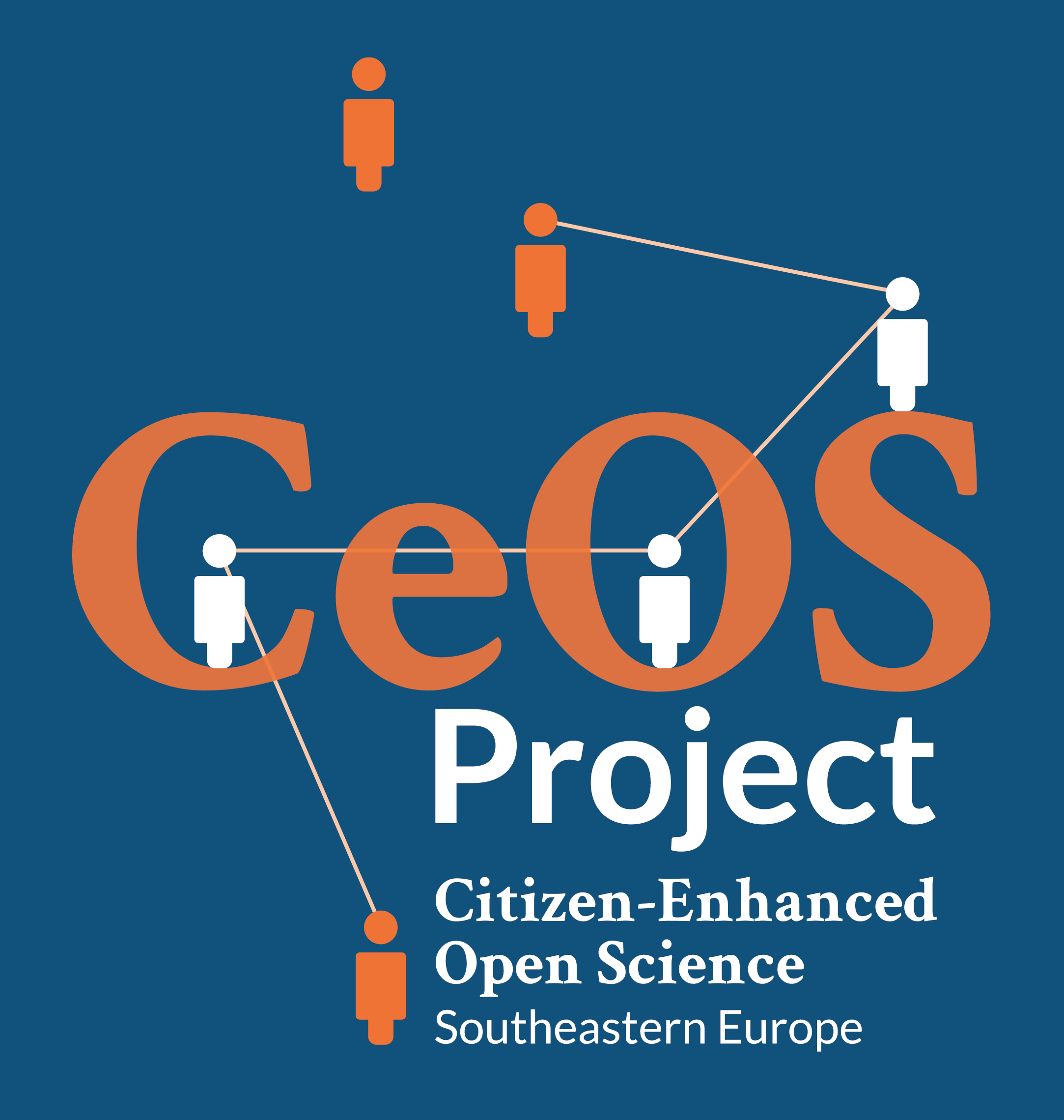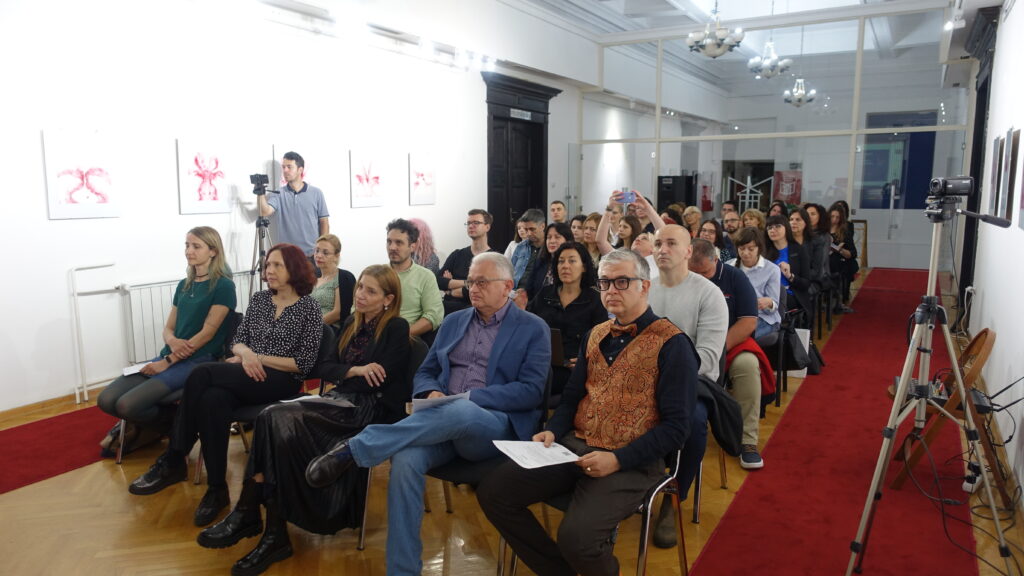The CeOS_SE Project stands on six interconnected objectives, each leading to tangible project results for Southeast Europe. One of these objectives, PR4, focuses on the Balkans region. The University Library “Svetozar Marković” Belgrade (UNILIB) leads PR4 and has undertaken the task of creating a Roadmap on CeOS in the Balkans.
The Building Blocks: A Survey to Uncover Insights
To lay the groundwork for the roadmap, UNILIB embarked on a comprehensive survey, delving into the status of open and citizen science in the Balkan region. Eight countries were included in the analysis: Serbia, Croatia, Greece, Bulgaria, Bosnia and Herzegovina, the Republic of North Macedonia, Montenegro, and Cyprus (despite not being part of the Balkans). The survey was strategically distributed to partner institutions, academic libraries, public libraries, and national libraries, ensuring a diverse pool of perspectives and information from stakeholders across the region.
Unveiling the Findings
The survey’s completion brought in a total of 99 responses, providing a rich foundation for further research and analysis, with Serbia being the most actively involved (55 responses), followed by Bulgaria (11), Greece (8), Bosnia and Herzegovina (7), Montenegro (6), Cyprus (5), the Republic of North Macedonia (4) and Croatia (3). The majority of respondents were academic librarians (79), while five were public librarians, and four represented national libraries. It was thoughtfully structured, encompassing three distinct sets of questions: general (11), open science (12), and citizen science (26). Analyzing these responses, UNILIB conducted an in-depth analysis of the state of open and citizen science practices in the Balkans, leading to significant insights.
A Closer Look at the Results
The survey yielded crucial insights that offer valuable guidance for advancing open and citizen science practices in the region:
- Open Science Strategies: Countries with clear open science strategies demonstrated excellence in implementing citizen science activities. This highlights the importance of a well-defined strategy for effective execution.
- Support for Citizen Science Projects: Countries with existing citizen science projects, like Greece and Cyprus, displayed higher confidence in supporting new initiatives. This showcases the potential for growth and collaboration in well-established environments.
- Collaboration and Support: EU countries believe that local community cooperation is key to realizing successful citizen science projects. Meanwhile, Serbia and Montenegro emphasized the significance of institutional support, particularly from universities.
- Challenges Faced by Librarians: Librarians across the region expressed keen interest in citizen science. However, they highlighted challenges concerning resources, knowledge, and institutional support, suggesting areas for improvement.
- Standards Implementation: The survey revealed insufficient implementation of standards like FAIR and GDPR in libraries, particularly in the Western Balkans. This underscores the need for greater adherence to global data practices.
Conclusion: A Roadmap towards Progress
The PR4 CeOS_SE Project Survey, carried out by UNILIB in the Balkans, has revealed critical insights that will undoubtedly shape the future of open and citizen science practices in the region. Leveraging the survey’s findings, UNILIB is committed to develop the Roadmap on CeOS in the Balkans. This roadmap will serve as a valuable tool to aid Higher Education Institutions (HEIs) and research libraries in enhancing the educational, scientific, innovation, and social impact of their open and citizen science activities. By offering guidance on effective organization, identifying key participants, setting clear objectives, and selecting suitable tools and resources, the roadmap aims to catalyze positive change and cultivate a thriving open and citizen science community in the Balkans.
Authors: Aleksandra Trtovac, PhD, and Nataša Dakić, PhD, UNILIB











